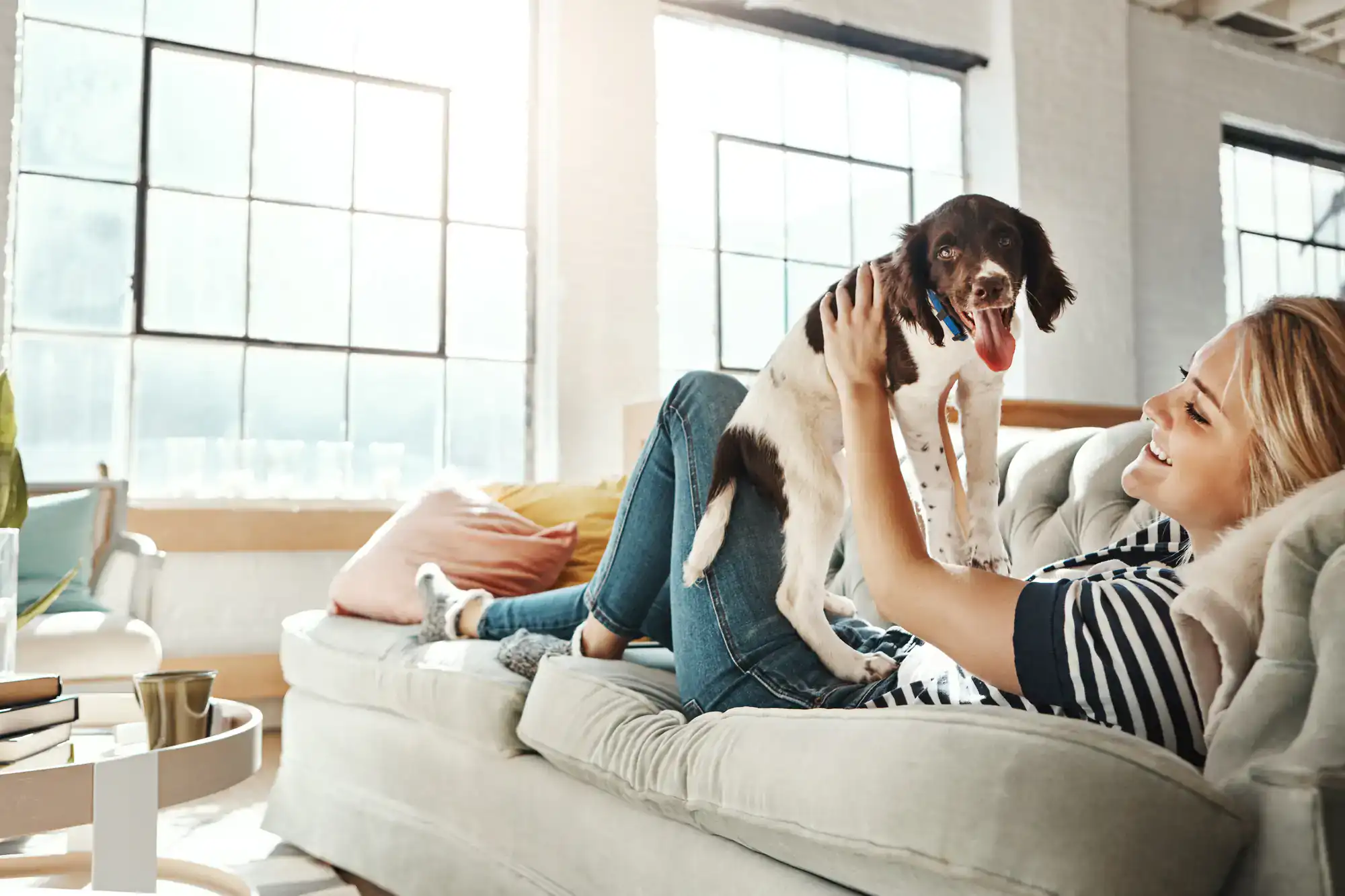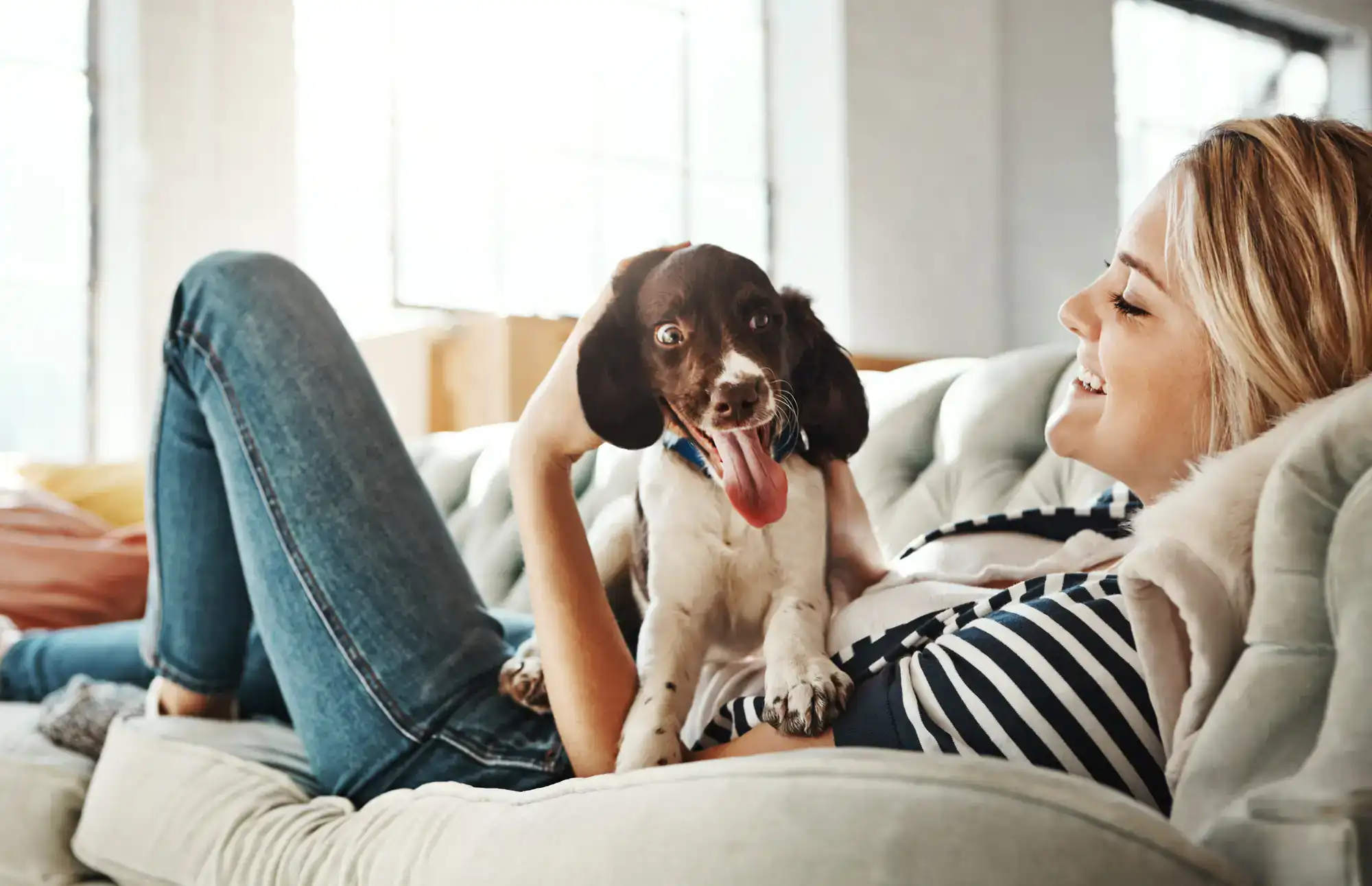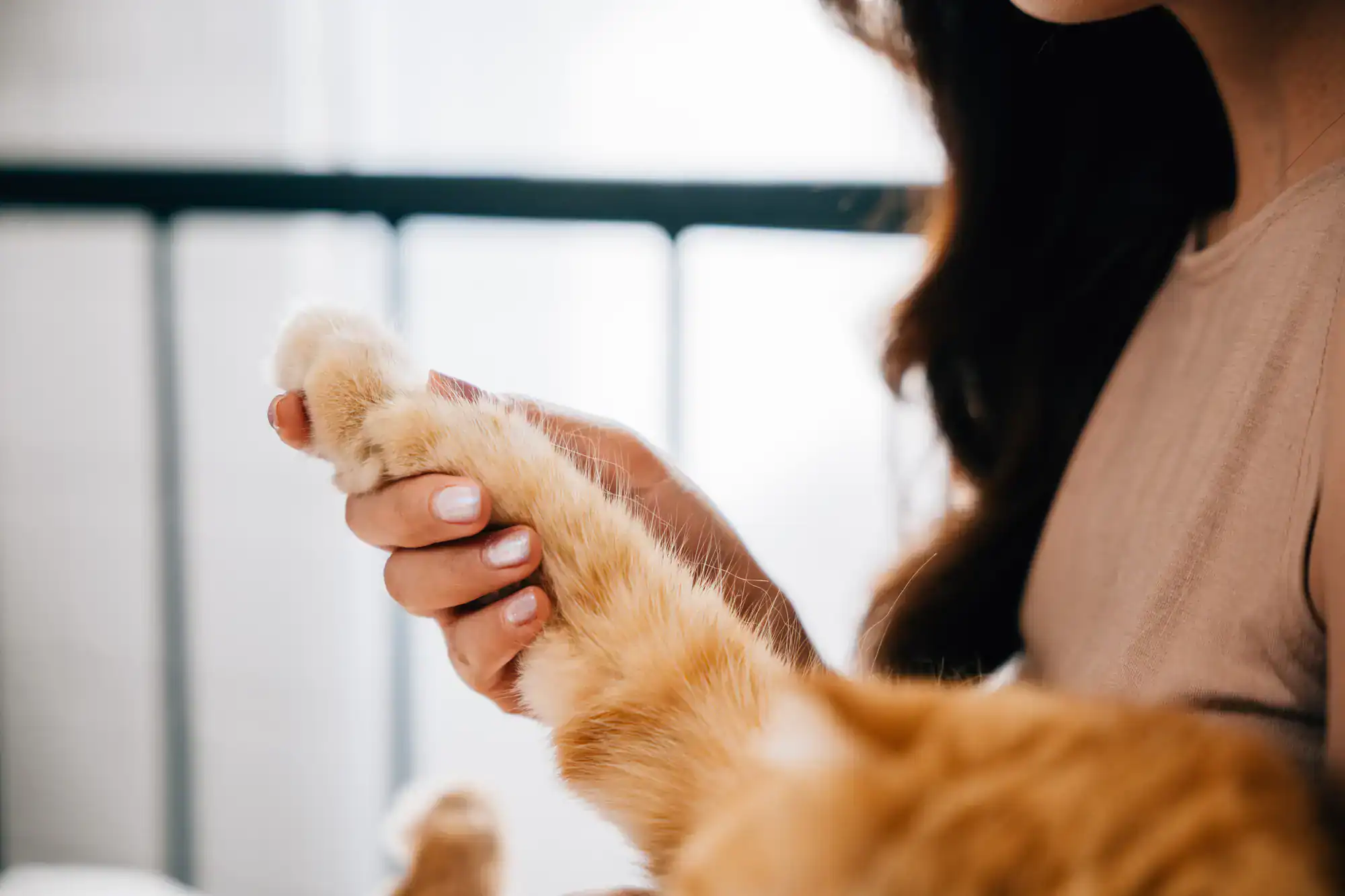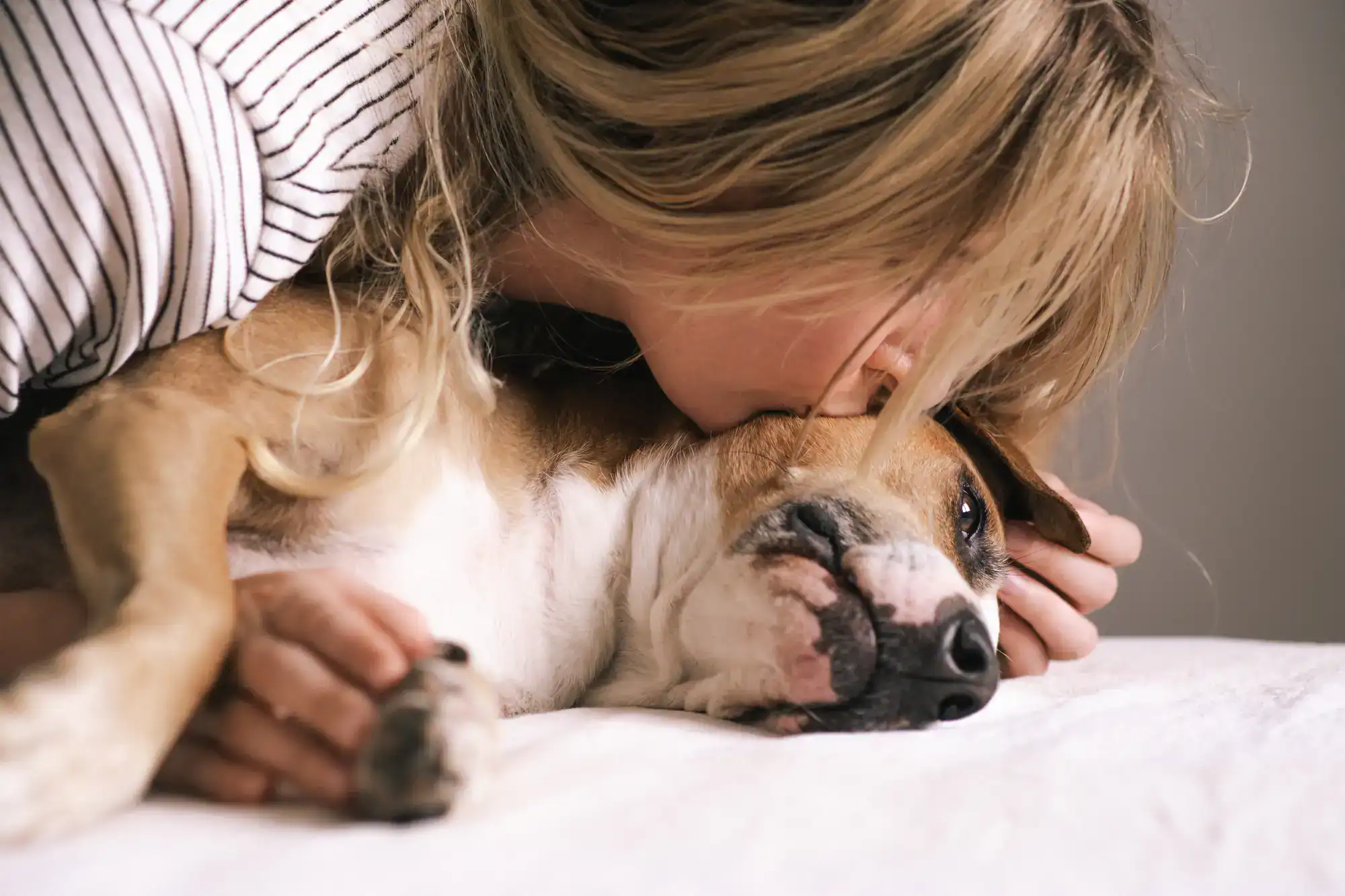Pet Loss Support in Chateau Woods
Healing Starts with Understanding Your Grief
Professional pet loss support when you need it most, helping you navigate grief with compassion and care.

Hear from Our Customers

Pet Grief Counseling Chateau Woods
Losing a pet isn’t just losing an animal—you’ve lost a family member, a daily companion, someone who knew your routines and emotions better than most people. The grief you’re feeling is real, valid, and deserves proper support.
You don’t have to navigate this alone. Our pet loss support helps you process complex emotions like guilt, anger, and overwhelming sadness while honoring the incredible bond you shared. We understand that healing isn’t about “getting over it”—it’s about learning to carry your love forward.
Through professional guidance and compassionate resources, you’ll discover healthy ways to cope with your loss while celebrating the joy your pet brought to your life. This is your space to grieve, remember, and eventually find peace.
Harris County Pet Loss Resources
Angel Oaks Pet Crematory has been serving Harris County families since 1989, and we’ve learned that pet loss support isn’t just about providing services—it’s about truly understanding your pain. Our team includes two full-time veterinarians who recognize the deep human-animal bond that makes this loss so profound.
We’re proud members of the American Association for Pet Loss and Bereavement, ensuring our support meets professional standards for grief counseling. Our diverse community in Chateau Woods and surrounding areas trusts us because we speak your language—literally and figuratively—with bilingual support available.
Every family we serve receives the same compassionate care, whether you’re a first responder (10% discount available), a longtime resident, or new to the area. We understand that in close-knit communities like Chateau Woods, your pet wasn’t just your companion—they were part of the neighborhood fabric.

Pet Bereavement Support Process
Getting help starts with a simple conversation. When you reach out, we listen to your specific situation without judgment—whether your loss was sudden or expected, whether you’re dealing with guilt about end-of-life decisions, or if you’re simply overwhelmed by the emptiness.
We connect you with appropriate grief resources, from professional counseling referrals to support groups where you can share your experience with others who truly understand. Our team helps you access local and national pet loss resources, including the APLB support network we’re affiliated with.
Throughout your healing process, we remain available for guidance. Some families need immediate intensive support, while others benefit from check-ins over several months. We follow your lead, providing resources and professional connections as your needs evolve. Your grief timeline is your own—we’re here to support it.

Ready to get started?
Coping with Pet Loss Resources
Our pet loss support includes access to professional grief counselors who specialize in human-animal bonds, support group referrals both locally and online, and educational resources about the grief process. We help you understand that symptoms like sleep disruption, loss of appetite, and difficulty concentrating are normal responses to significant loss.
For Chateau Woods families, we recognize that losing a pet often means losing your walking companion through the neighborhood, your backyard buddy, or the friend who greeted you after long Houston commutes. These daily reminders can intensify grief, and we help you develop strategies for managing these triggers.
We also provide guidance for families with children, helping parents explain pet loss appropriately and support young family members through their own grief process. Our resources extend to helping other pets in your household who may also be grieving the loss of their companion. This comprehensive approach ensures your entire family receives the support needed during this difficult time.

How long is it normal to grieve after losing a pet?
What are healthy ways to cope with pet loss grief?
Should I get another pet right away after losing one?
How can I help my children cope with pet loss?
Are there support groups for pet loss in the Houston area?
What if I feel guilty about my pet's death or end-of-life decisions?
Other Services we provide in Chateau Woods
